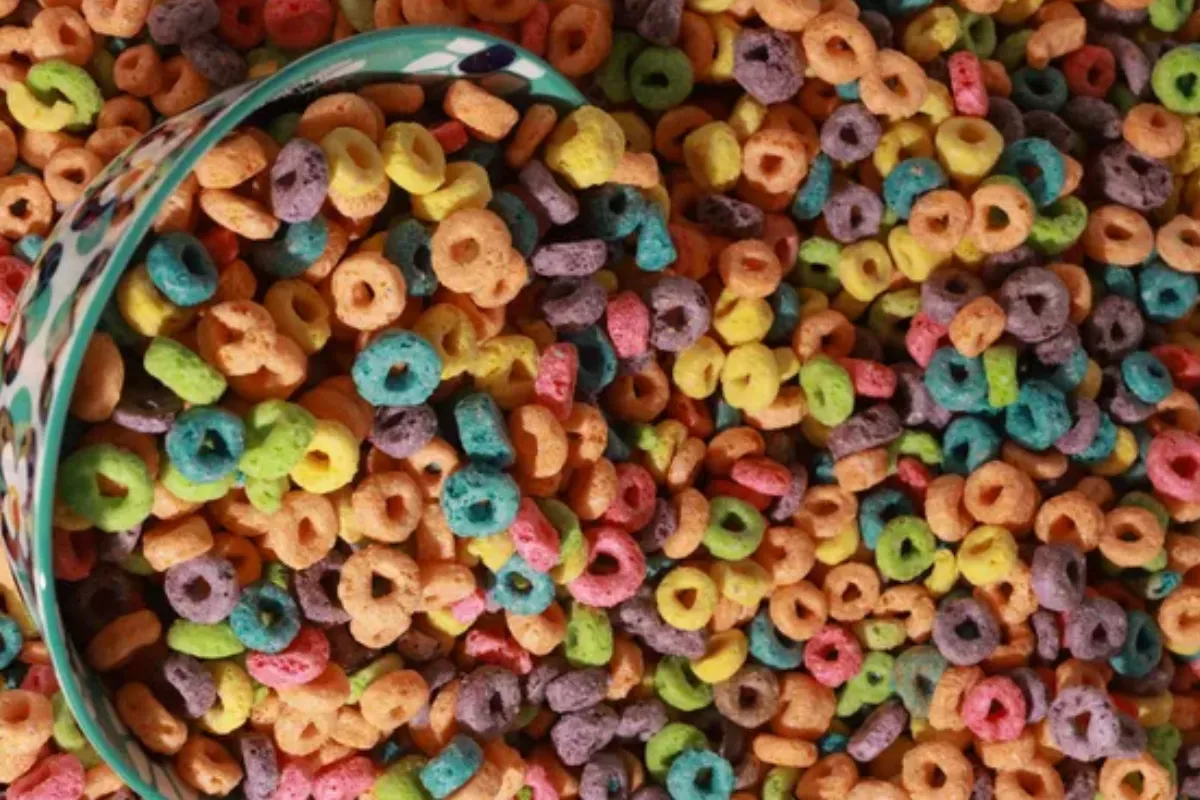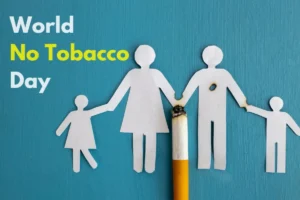In a historic move aimed at improving public health, West Virginia has officially become the first state to ban a wide range of artificial food dyes and preservatives. Governor Patrick Morrisey signed the bill into law on Monday, marking the most sweeping action against food additives taken by any state in the U.S. so far.
The new law prohibits the sale of products containing seven artificial food dyes and two preservatives commonly found in processed foods. While supporters argue that the ban is a necessary step toward better health, critics warn that it could lead to higher food prices and limit consumer choices.
What’s Being Banned and When?
The law will roll out in two phases. Starting August 1, the following seven artificial food dyes will no longer be allowed in products sold in West Virginia:
- Red Dye No. 3
- Red Dye No. 40
- Yellow Dye No. 5
- Yellow Dye No. 6
- Blue Dye No. 1
- Blue Dye No. 2
- Green Dye No. 3
Then, on January 1, 2028, the ban will expand to include two preservatives that have been linked to potential health risks:
- Butylated Hydroxyanisole (BHA)
- Propylparaben
These dyes and preservatives are widely used in processed foods, candies, beverages, and even medications. Many health advocates have long pushed for stricter regulations on these additives due to concerns about their potential effects on behavior, allergies, and overall health.
The Reason Behind the Ban
Governor Morrisey and other supporters of the law argue that removing synthetic dyes and preservatives from food is a crucial step in addressing public health issues in West Virginia. The state has some of the highest rates of obesity, diabetes, and other diet-related diseases in the nation, making it a prime candidate for leading the charge toward healthier food standards.
“West Virginia ranks at the bottom of many public health metrics, which is why there’s no better place to lead the ‘Make America Healthy Again’ mission,” Governor Morrisey said in a press release. The phrase “Make America Healthy Again” has been widely used by Robert F. Kennedy Jr., the current Secretary of Health and Human Services, during his presidential campaign.
Kennedy, who has long been a vocal advocate for food safety, told Senate members during his confirmation hearing in January that he wants to reduce artificial food dye consumption and promote whole foods while still allowing Americans the freedom to make their own dietary choices. His push for cleaner food aligns with the goals of the newly signed law in West Virginia.
Concerns from Critics
While health advocates celebrate the law, critics argue that the ban is overly broad and could have unintended consequences for consumers. The American Beverage Association, one of the biggest opponents of the bill, has voiced concerns that the law will severely restrict the availability of common grocery items in West Virginia.
“West Virginia families will face higher food prices and a scarcity of available products in stores because this law effectively outlaws 60% of grocery store food items,” the American Beverage Association said in a statement.
This concern is particularly relevant for lower-income families who may rely on affordable processed foods. Some also argue that the ban places an unnecessary burden on food manufacturers, many of whom will have to reformulate their products or pull them from West Virginia shelves altogether.
How Does This Compare to Other States?
Although West Virginia is the first state to implement such a broad ban, it is not alone in its fight against artificial food additives. Other states have taken steps to regulate certain dyes and preservatives in recent years.
For instance, in 2023, California signed a bill banning four chemicals from food sold, manufactured, or distributed in the state. A year later, the state passed another law prohibiting six artificial dyes in food served in schools.
According to the Environmental Working Group, an organization focused on food safety advocacy, more than 50 state bills targeting artificial food dyes and preservatives have been introduced in about 20 states. This suggests that the movement to limit artificial additives is gaining traction nationwide.
The Debate Over Artificial Food Dyes
The debate surrounding artificial food dyes has been ongoing for decades. Some studies have suggested that certain dyes may contribute to hyperactivity in children, while others have linked them to allergies and potential cancer risks. In response, some countries have already taken steps to limit or ban these additives altogether.
For example, the European Union requires warning labels on foods containing artificial dyes, and in some cases, these dyes have been banned outright. The U.S., however, has been slower to act, with the Food and Drug Administration (FDA) maintaining that food dyes are safe for consumption when used within approved limits.
What This Means for Consumers
For consumers in West Virginia, the new law means they will need to pay closer attention to ingredient labels and may see changes in the availability of certain products. Some food manufacturers may choose to reformulate their products using natural alternatives, while others may opt to pull their products from West Virginia stores entirely.
Natural alternatives to artificial dyes include:
- Beet juice (red)
- Turmeric (yellow)
- Spirulina (blue/green)
- Paprika extract (orange)
As for preservatives, options like ascorbic acid (vitamin C) and rosemary extract are commonly used as natural replacements.
The Bigger Picture
West Virginia’s decision to ban artificial food dyes and preservatives reflects a growing trend in the U.S. toward cleaner food standards. With other states considering similar legislation, food companies may face increasing pressure to move away from synthetic additives nationwide.
As the first state to implement such a broad ban, West Virginia is setting a precedent that could influence future food policies across the country. Whether this move will lead to significant improvements in public health remains to be seen, but one thing is certain—West Virginia is leading the charge in the fight for a cleaner, healthier food system.











